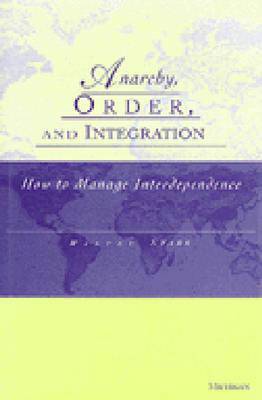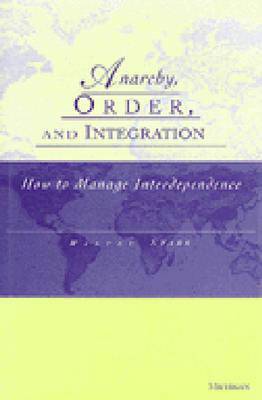
- Retrait gratuit dans votre magasin Club
- 7.000.000 titres dans notre catalogue
- Payer en toute sécurité
- Toujours un magasin près de chez vous
- Retrait gratuit dans votre magasin Club
- 7.000.000 titres dans notre catalogue
- Payer en toute sécurité
- Toujours un magasin près de chez vous
34,95 €
+ 69 points
Description
Most observers agree that the global arena is in the midst of multiple changes. The elements that create and intensify global interdependencies have been expanding rapidly, generating questions about the viability of the state and the viability of the state-centric system that has existed for over 500 years, as well as what sorts of structures and behaviors might replace them. And yet much of the analysis is not helpful in understanding the condition of the international system because it either fails to define the meaning of terms such as interdependence and order or treats these as new problems ignoring many important ideas that have developed over the years about international politics. One of our most accomplished scholars in international affairs, Harvey Starr offers a fresh and original analysis of the nature of the international system. Starr argues that the global system can best be understood as the consequence of states adapting to changing interdependencies. States do remain important in this system, but the reality they adapt to is changing. Thus the environment surrounding states is important not because it is "anarchic," as argued by structural realists such as Waltz, but because environmental conditions have changed, thereby changing the meaning and significance of such structural characteristics as "anarchy." Starr argues that we must recognize that the modes by which states adapt to change in the international system lead to changes in both the states themselves and in their environment.
This book will appeal to scholars of international relations in political science and economics as well as to policy makers and analysts interested in understanding change in the international system.
Harvey Starr is Dag Hammarskjöld Professor of International Affairs in the Department of Government and International Studies, University of South Carolina. He is the coauthor with Randolph Siverson of The Diffusion of War: A Study of Opportunity and Willingness.
This book will appeal to scholars of international relations in political science and economics as well as to policy makers and analysts interested in understanding change in the international system.
Harvey Starr is Dag Hammarskjöld Professor of International Affairs in the Department of Government and International Studies, University of South Carolina. He is the coauthor with Randolph Siverson of The Diffusion of War: A Study of Opportunity and Willingness.
Spécifications
Parties prenantes
- Auteur(s) :
- Editeur:
Contenu
- Nombre de pages :
- 288
- Langue:
- Anglais
Caractéristiques
- EAN:
- 9780472086276
- Date de parution :
- 26-01-00
- Format:
- Livre broché
- Format numérique:
- Trade paperback (VS)
- Dimensions :
- 153 mm x 229 mm
- Poids :
- 226 g







